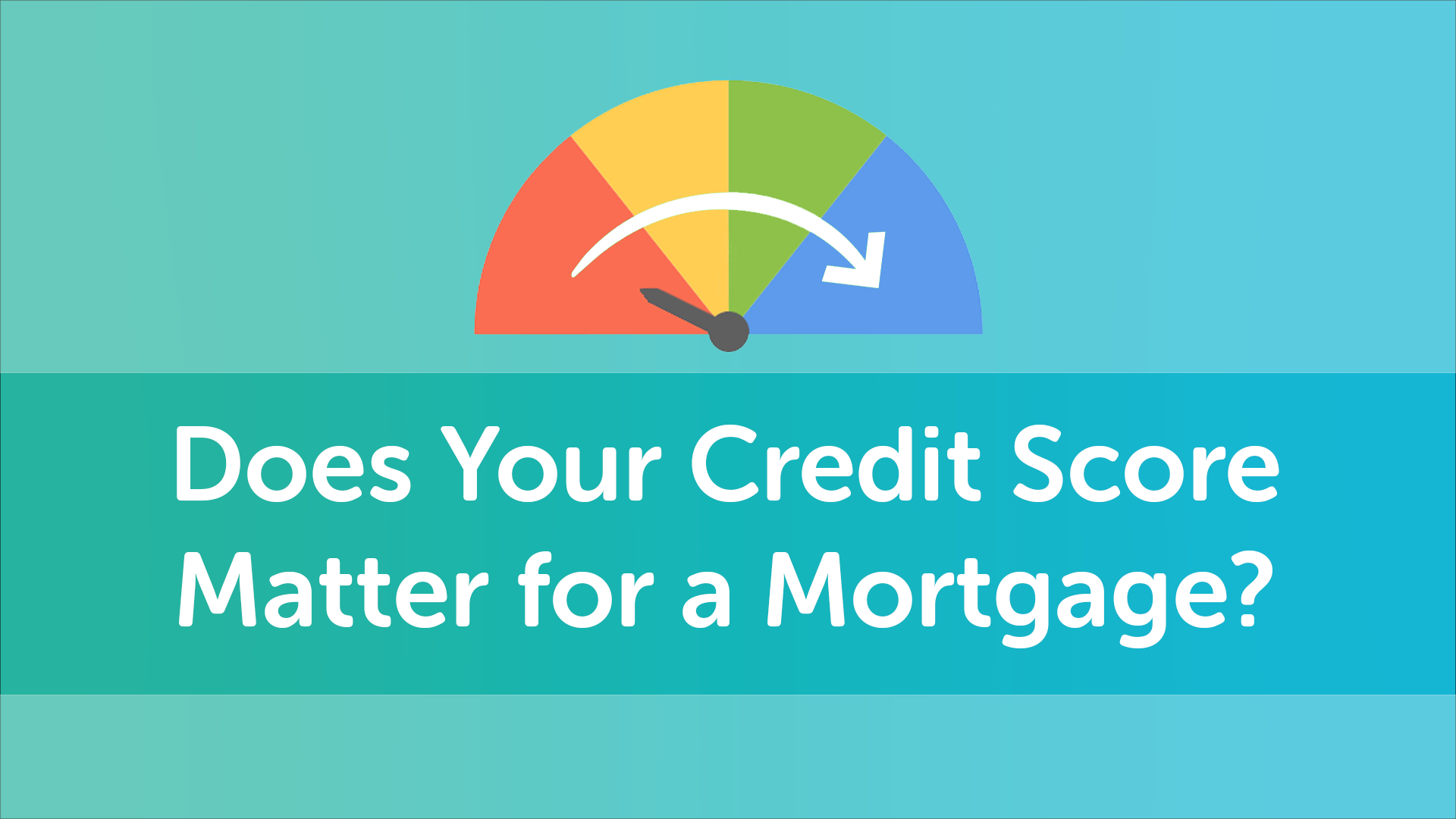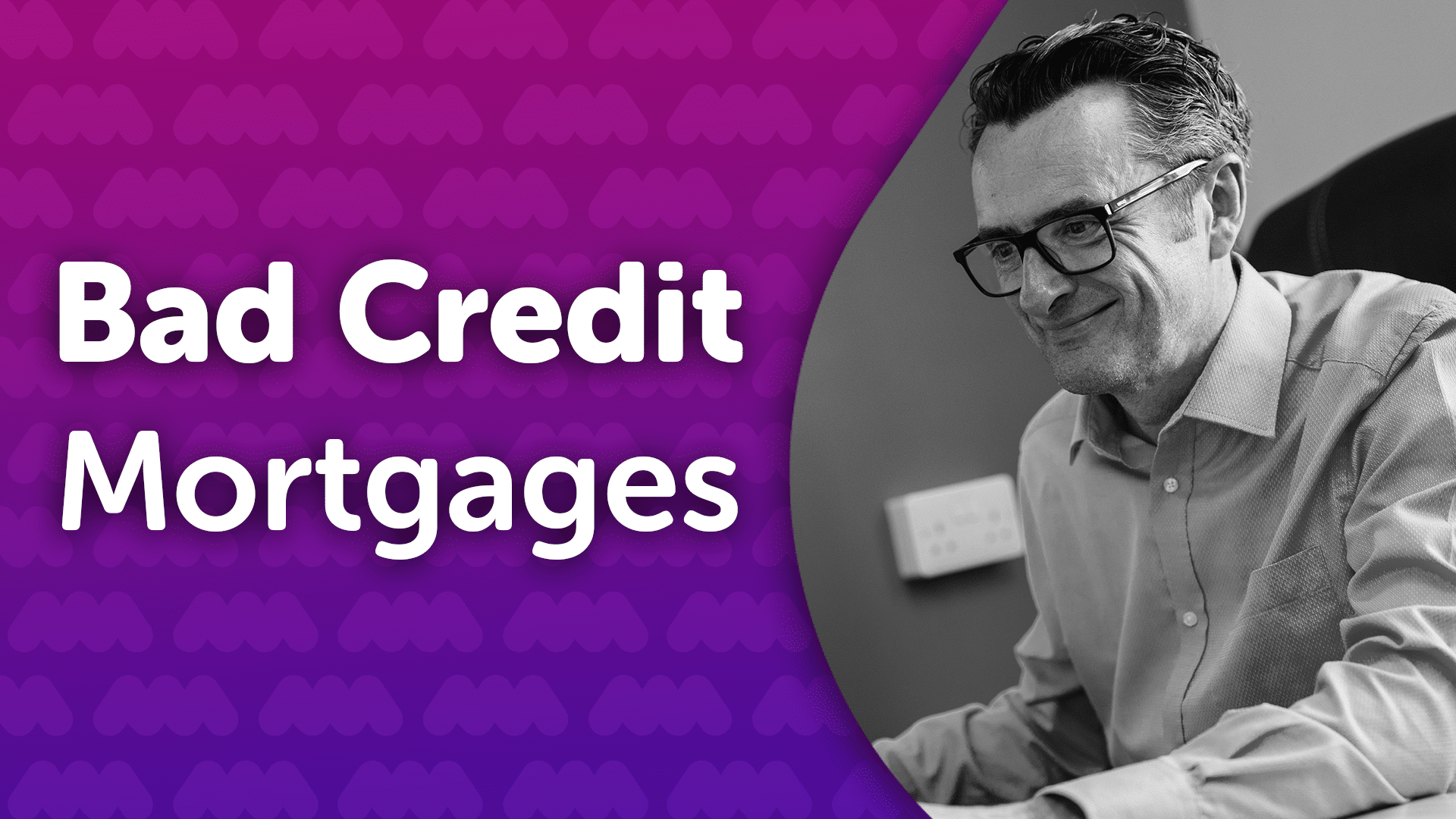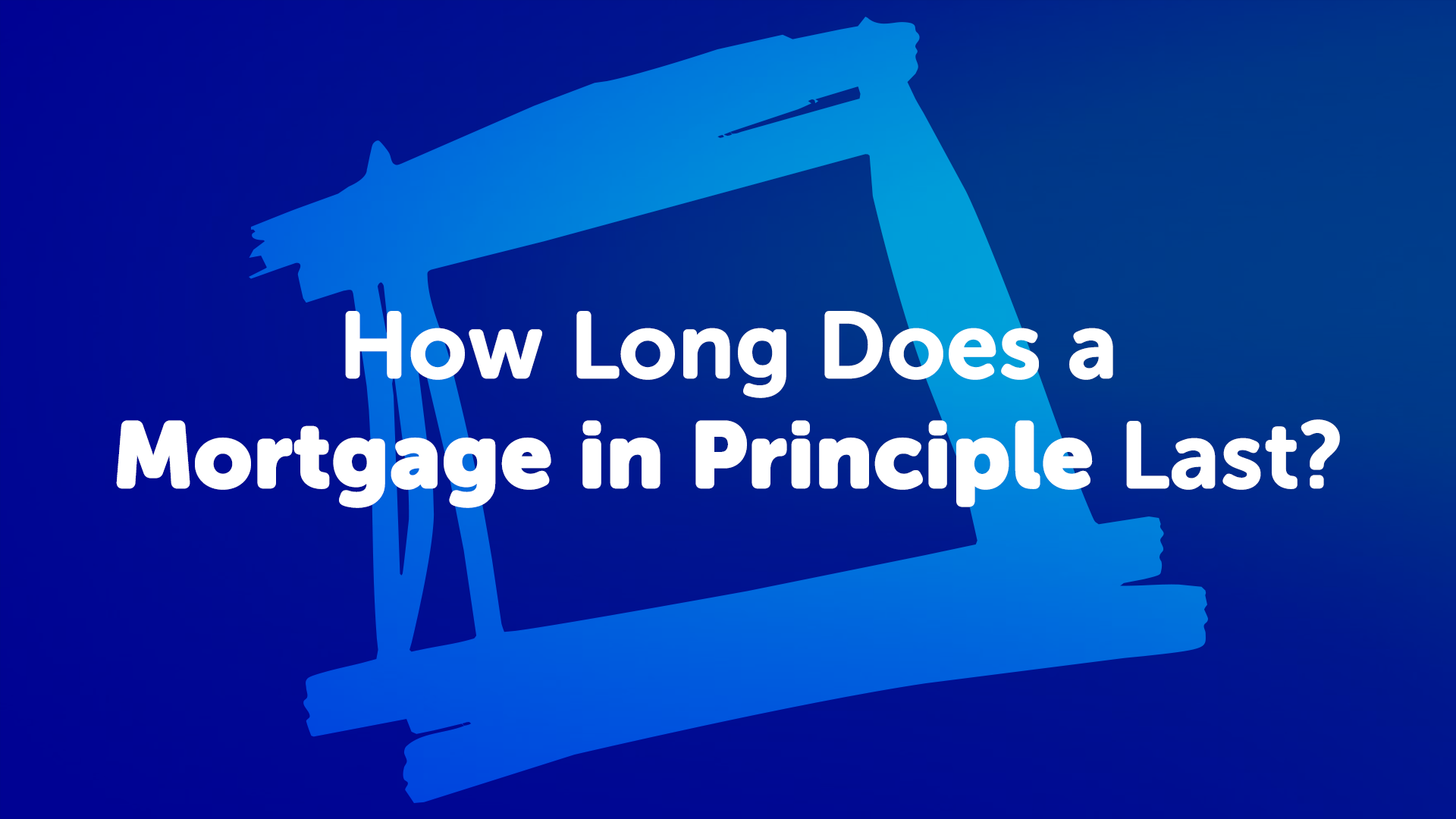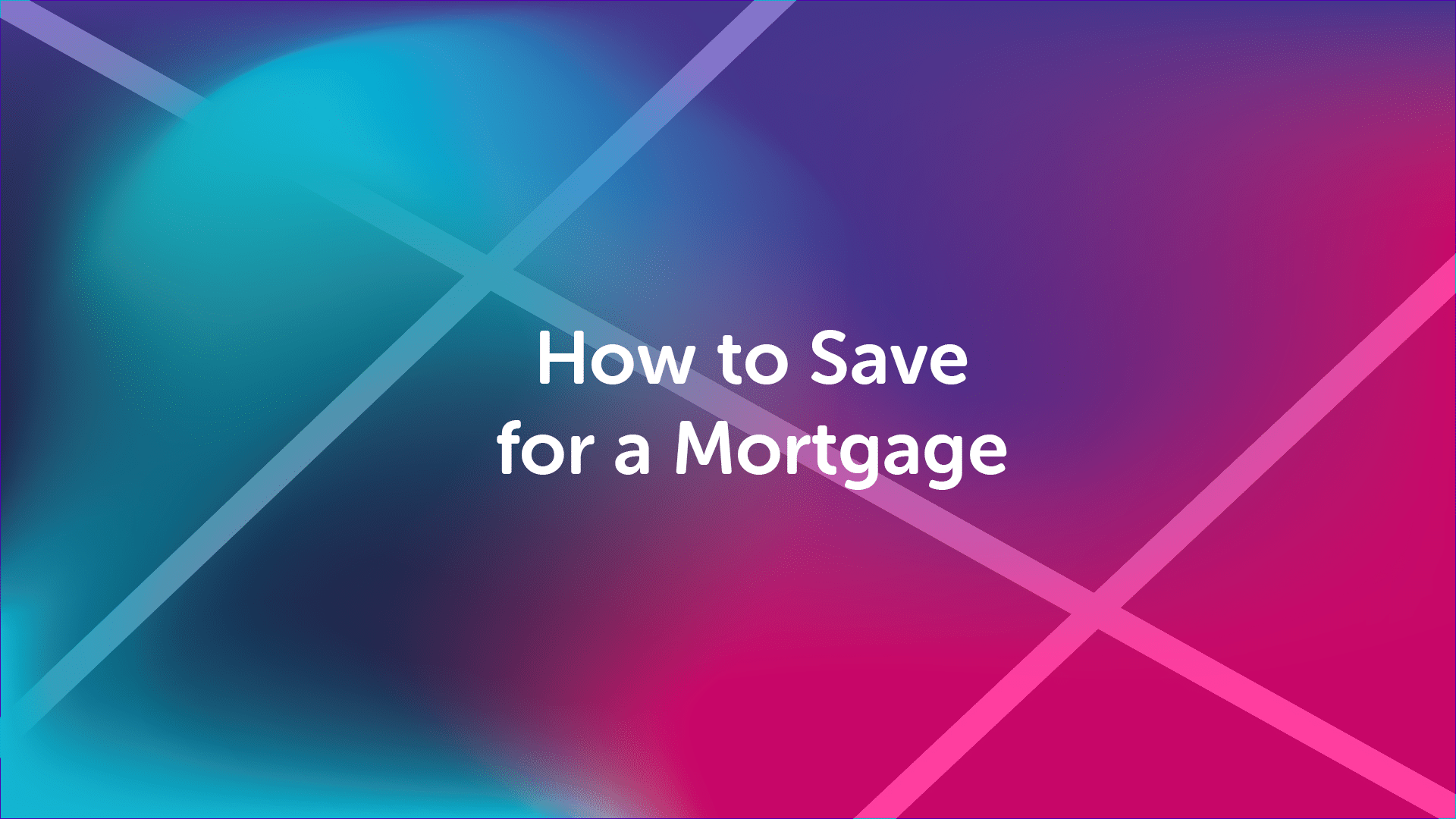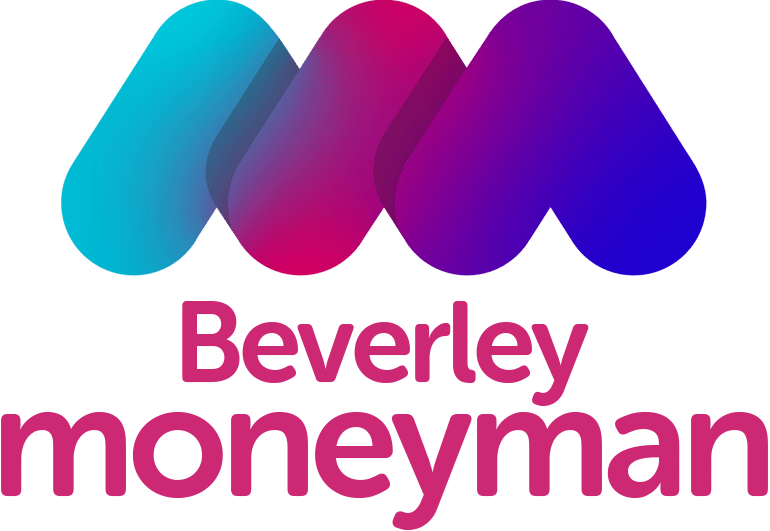According to the Office of National Statistics, the UK is going through a bit of a self-employed “boom”. The number of self-employed individuals rose from 3.8m in 2008 to 4.6m in 2015. This could be down in part to people being inspired to become the new Peter Jones on Dragon’s Den or Richard Branson. More realistically it’s just that work patterns have been changing for several years now.
No longer would someone be expected to leave school at 18 and work for one employer all the way through to retirement. The rise in new engineering and digital occupations, in particular, give rise to self-employed roles and short-term contracts. However, the uncertain nature of this type of work can make Banks nervous about issuing mortgages.
It’s not impossible to get a mortgage if you are self employed in Beverley by any means but it certainly is a specialist area so here I take the opportunity to help you get prepared if you are in this position and thinking of buying a house.
How many years’ accounts do I need?
At the moment it’s a minimum of one year’s trading with some lenders wanting a minimum of two. The reason for this is that so many businesses fail in the first year Banks aren’t willing to take on that level of risk.
How is my income assessed?
Most lenders take the average of your last 2 years’ earnings. Some go off the latest year. This could be good news for you if your profits are increasing.
I’m a Director of my own Limited company – does this mean I’m employed?
Yes and no. Yes, you are employed but no, the lenders do not assess you as an employee unless you own less than 25% of the shares. Most lenders add your salary to your declared dividend to calculate your annual earnings with the odd one using net profit (this can be good if your business retains some profit).
My net profits don’t reflect the true picture of my business – what can I do?
This is a familiar question but there’s not much that can be done. Your mortgage application is assessed on the income declared (net profit or salary/dividend) to the Revenue. If you want to get a mortgage then you need to have paid some tax.
How much deposit do I need?
This is the same as an employed applicant. A minimum of 5%, although it may be more if you only have one year’s accounts.
Will a bigger deposit help me?
The more deposit you are able to put down the better deal the lender is likely to offer you. This means you will have a wider choice of lenders, in terms of the maximum mortgage that will be made available to you. Although this doesn’t make a massive difference.
I’m a contractor – am I treated differently?
Yes, it can be. Lenders do seem to like Contractors at the moment. If you’ve built up a good track record then the lenders can consider taking your “daily rate” and applying a multiplier to this, rather than your net profit. I have seen lenders offer bigger mortgages to contractor applicants using this method, especially for IT contractors.
Can I self-certify my income?
Unfortunately, “self-certs” were widely abused in the pre-credit crunch days and there is no sign of this type of mortgage returning.
Taking out a mortgage as a sole trader, partner or Company Director can certainly be more complicated. More so than it would be for an employee. Some lenders are more flexible than others. In my opinion, it’s a good idea to get a reliable Mortgage Broker in Beverley on your side early on in the process.
This is so you have realistic aspirations from the start. Long gone are the days when a Bank Manager could “take a view” on your circumstances just because you are a loyal customer. The lenders lean increasingly upon their computerised credit scoring systems. Like lots of things, it’s just knowing where to look.
Date Last Edited: January 22, 2024

